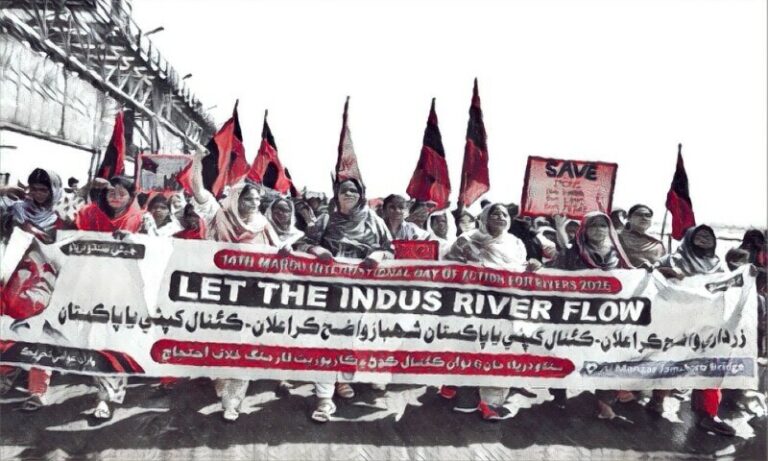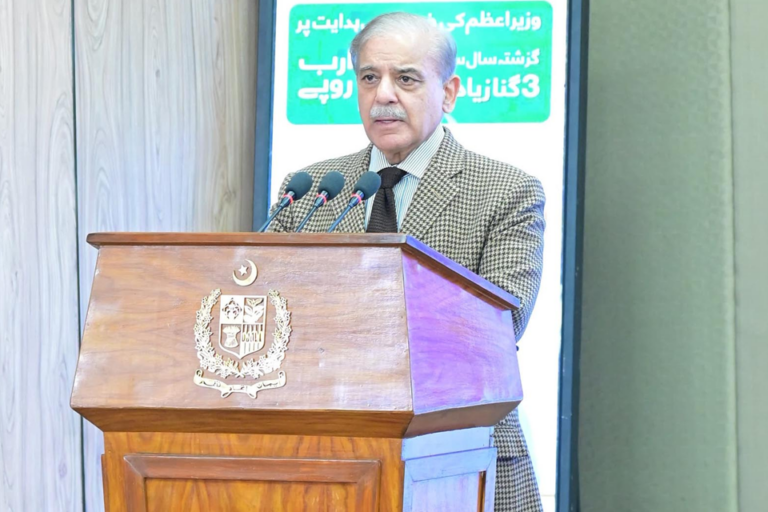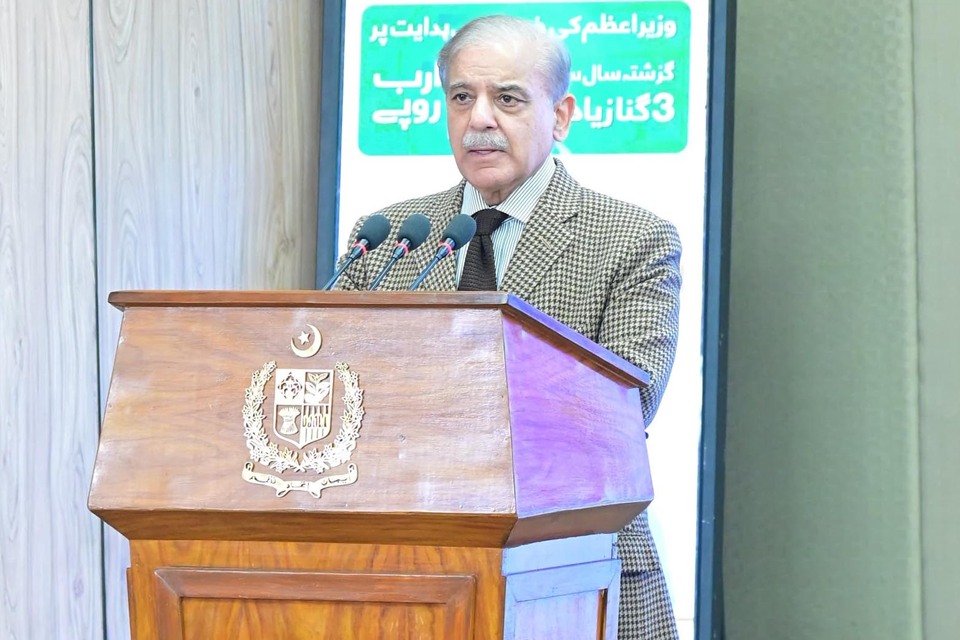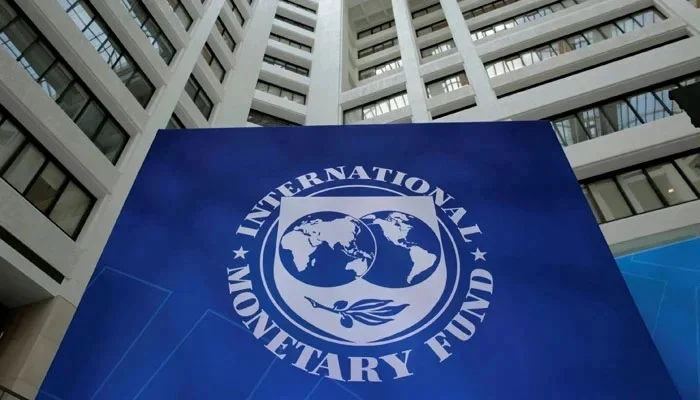Imran Khan’s Demands Behind the Remittance Boycott
Former Prime Minister Imran Khan has urged overseas Pakistanis to halt remittances, triggering discussions about the potential fallout of this bold move. This “Imran Khan remittance boycott” is part of his strategy to pressure the government into addressing his demands.
Khan wants the government to release imprisoned PTI workers. He also demands the formation of judicial commissions to investigate the events of May 9 and November 26, 2024. He insists these steps are necessary to begin dialogue with the government.
Role of Overseas Remittances in Pakistan’s Economy
After meeting him at Adiala Jail, Aleema Khan shared his message. She said her brother stressed the importance of remittances in keeping Pakistan’s economy afloat. Last year, overseas Pakistanis sent $30.3 billion, which played a key role in supporting the economy.
Aleema described the political situation as oppressive and fascist. She warned that if the government ignores his demands, Imran Khan will officially urge overseas Pakistanis to stop remittances.
The Impact of the “Imran Khan Remittance Boycott
The government has yet to respond to Khan’s ultimatum. Analysts say cutting remittances could worsen Pakistan’s economic troubles. They warn it might drain foreign reserves and increase poverty.
As the December 22 deadline nears, Pakistan faces heightened political turmoil. The government must decide whether to open dialogue or risk the economic fallout of a remittance boycott.
Imran Khan’s call for a remittance boycott is more than just a financial protest. It is a direct challenge to the government’s authority and an attempt to rally public support against what he describes as a politically orchestrated crackdown on PTI and its followers.
With increasing tensions, the political standoff is drawing attention both domestically and internationally. Experts believe that how the government responds will have lasting implications for Pakistan’s democracy, its relationship with overseas Pakistanis, and its economic future.















